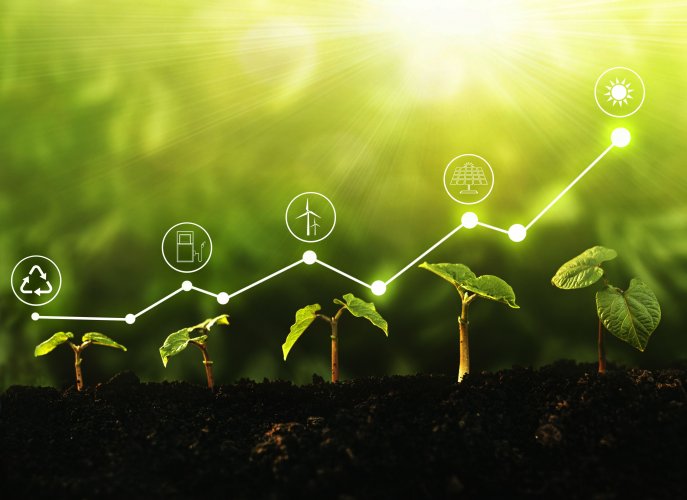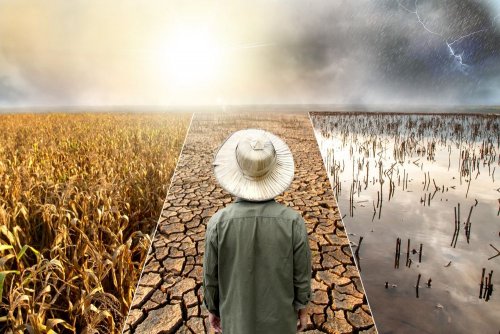The European Commission (EC) presented a list of key indicators for monitoring progress in achieving environmental and climate goals until 2030, as well as a long-term vision until 2050.
This should ensure a return to life and work within the limits of the planet's capabilities, reports European Commission.
The new monitoring framework under the 8th Environmental Action Program aims to promote transparency and inform Europeans about the impact of EU climate and environmental policies.
Indicators will reflect progress towards environmental well-being, including economic and social aspects. As such, they can pave the way for measuring the health of economies and societies based on well-being, not just GDP.
"We have very ambitious environmental and climate targets to help us deliver the just green transition that Europe and the world needs. But what you cannot measure, you cannot manage. To keep us on track, we need to keep a close eye on whether we are meeting our goals. These indicators help us do so," said Executive Vice President Frans Timmermans, who is responsible for the European Green Deal.
"These headline indicators will help us pursue the agreed policies under the European Green Deal, by shedding light on the trends and facilitating an informed discussion between policy-makers on where further efforts are needed," said Environment, Oceans and Fisheries Commissioner Virginius Sinkevičius.
Key indicators correspond to the structure of the 8th Environmental Action Program based on the Green Deal and include the 2-3 most important for policy and statistically reliable indicators for each of the thematic priority goals until 2030.
They cover:
- climate mitigation;
- adaptation to the climate;
- circular economy;
- zero pollution;
- biodiversity.
In addition, there are five indicators to measure progress in addressing major environmental and climate pressures. The indicators will also cover the transition in the coming years to sustainability in energy, industry, mobility and food.
Key indicators for monitoring progress include sustainable funding, the polluter pays principle and the phasing out of environmentally harmful subsidies.
The final section of the monitoring system includes system indicators that will capture progress in achieving the three dimensions of environmental well-being, as well as cover economic and social aspects beyond nature conservation.
The material emphasized that the European Commission will annually report on the progress achieved based on the analysis conducted by the European Environment Agency from 2023. The EC will also conduct two in-depth assessments – an interim review in 2024 and a final assessment in 2029.
"The Commission will continue to promote coherence between the 8th Environment Action Programme headline indicators and other crosscutting monitoring tools, such as the European Semester and EU's monitoring on the UN Sustainable Development Goals," the material said.
This Program entered into force on May 2, 2022 and contains the obligation of the EC to present a monitoring system based on a limited number of key indicators.
Earlier, EcoPolitic wrote, that the EU began revision negotiations of the main European instrument for reducing emissions – the Emissions Trading Scheme (ETS).
As EcoPolitic previously reported, the EU has developed a methodology for emission intensity estimates in steel industry.





